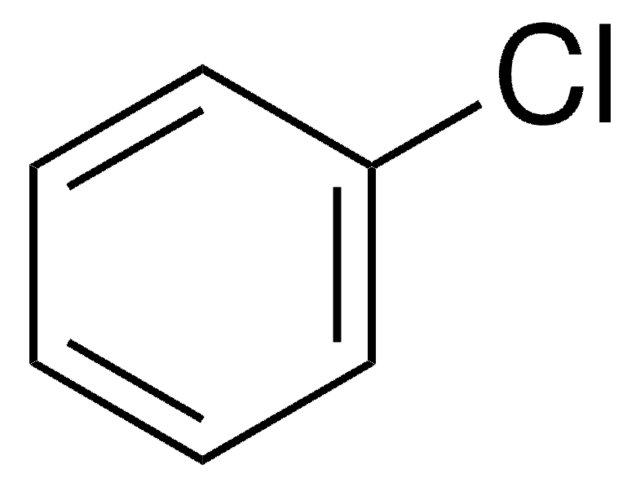271004
Acetonitrile
99.8%, anhydrous, suitable for solid phase extraction (SPE)
Synonym(s):
ACN, Cyanomethane, Ethyl nitrile, Methyl cyanide
About This Item
Recommended Products
product name
Acetonitrile, anhydrous, 99.8%
grade
anhydrous
Quality Level
vapor density
1.41 (vs air)
vapor pressure
72.8 mmHg ( 20 °C)
Assay
99.8%
form
liquid
autoignition temp.
973 °F
expl. lim.
16 %
technique(s)
solid phase extraction (SPE): suitable
impurities
<0.001% water
<0.005% water (100 mL pkg)
evapn. residue
<0.0005%
color
colorless
refractive index
n20/D 1.344 (lit.)
bp
81-82 °C (lit.)
mp
−45 °C (lit.)
solubility
water: soluble (completely)
density
0.786 g/mL at 25 °C (lit.)
format
neat
SMILES string
CC#N
InChI
1S/C2H3N/c1-2-3/h1H3
InChI key
WEVYAHXRMPXWCK-UHFFFAOYSA-N
Looking for similar products? Visit Product Comparison Guide
Related Categories
General description
Application
- 1,2-Azidoalcohols and 1,2-azidoamines via cerium(III) chloride assisted ring opening of epoxides and aziridines by sodium azide.
- Cyano-bearing indolinones by oxidative arylalkylation of olefins in the presence of palladium catalyst.
It may also be used as a reactant to synthesize:
- Bis (diphenylphosphino) acetonitrile by reacting with n-butyllithium and then with chlorodiphenylphosphine.
- β-Acetamido ketones via coupling reaction with ketones or ketoesters and aldehydes in the presence of cobalt(II) chloride.
Packaging
also commonly purchased with this product
related product
suggested gloves for splash protection
Signal Word
Danger
Hazard Statements
Precautionary Statements
Hazard Classifications
Acute Tox. 4 Dermal - Acute Tox. 4 Inhalation - Acute Tox. 4 Oral - Eye Irrit. 2 - Flam. Liq. 2
Storage Class Code
3 - Flammable liquids
WGK
WGK 2
Flash Point(F)
35.6 °F - closed cup
Flash Point(C)
2.0 °C - closed cup
Personal Protective Equipment
Choose from one of the most recent versions:
Already Own This Product?
Find documentation for the products that you have recently purchased in the Document Library.
Customers Also Viewed
Articles
Amide bonds are ubiquitous in both nature and industrial applications. They are vital to the structure and function of biological macromolecules and polymers. The importance of this functionality has resulted in numerous approaches to its formation, ranging from stoichiometric activation of carboxylic acids to more recent advances in catalytic amide bond formation.
Our team of scientists has experience in all areas of research including Life Science, Material Science, Chemical Synthesis, Chromatography, Analytical and many others.
Contact Technical Service







